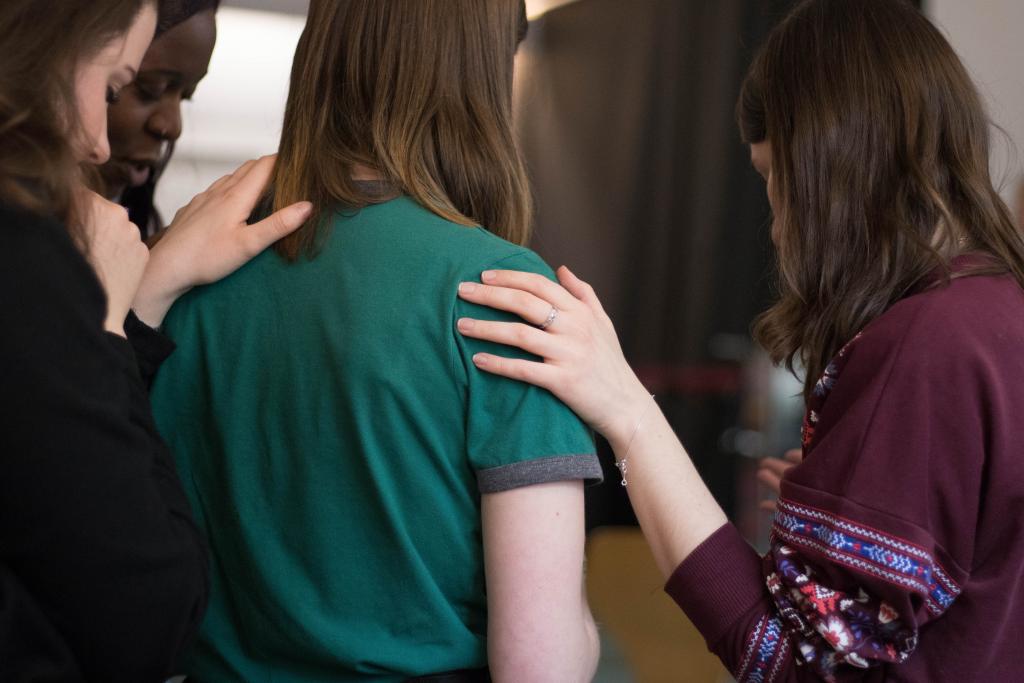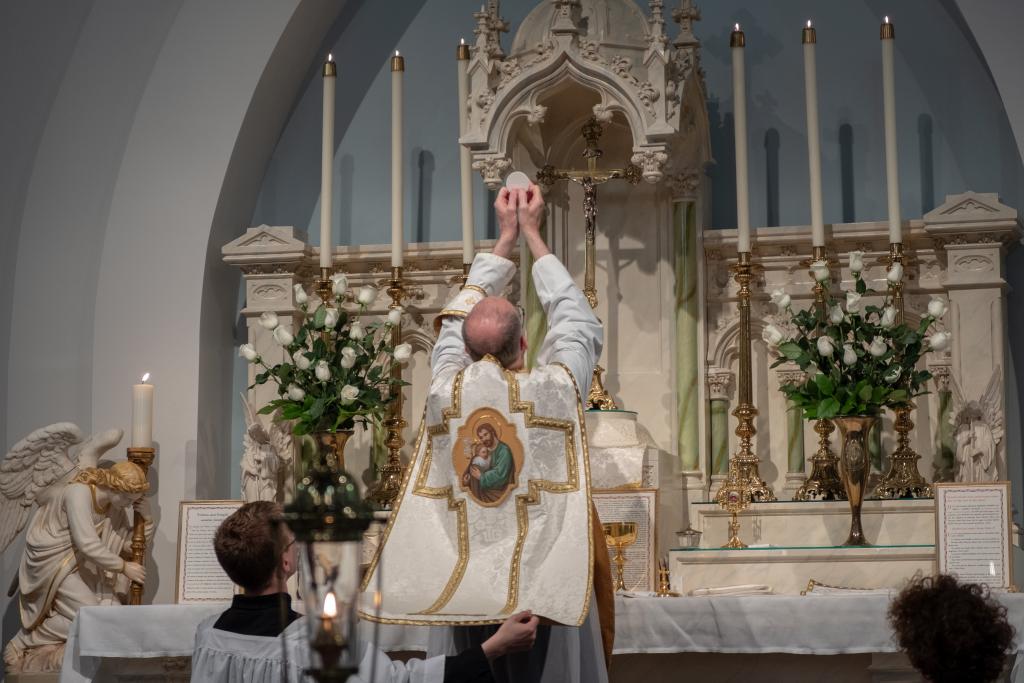
People of Praise is a Christian Charismatic organization that has come under scrutiny lately. Supreme Court nominee Amy Coney Barrett is a member. Last week, in an article about Judge Barrett, I wrote this about People of Praise :”I am really not a fan of People of Praise. It’s also not a cult. It’s not even a religion.”
I stand by that statement. However, after talking a bit more with a close friend whose family are former members, I think it’s incumbent upon me to share why exactly I’m not a fan of them. Here is everything I know about People of Praise, the problems with the organization, and why membership does not disqualify Judge Barrett from the Supreme Court.
History of People of Praise
After the Second Vatican Council, there was a Charismatic Renewal movement in the American Catholic Church. New Charismatic groups focused on renewal of faith and a personal connection with God. These groups borrowed heavily from Pentecostal traditions. They incorporated practices such as speaking in tongues which are not typical in Catholicism. People of Praise is one such organization.
According to the National Catholic Register:
Modeling their lives on those of the early Christians in the New Testament Book of Acts, some sold their houses, relocated and pooled resources to become part of communities that they hoped would offer them a greater degree of fellowship and support than might be found at a typical prayer meeting or Sunday Mass.
Semi-communal living has given rise to accusations of People of Praise being cult-like. However, members are not isolated from the general public. They work, go to school, and – in at least one case – have successful careers as judges.
What are the Problems with People of Praise?
Members of People of Praise swear a lifelong covenant to each other and are assigned an advisor of the same sex to help them make important personal decisions. These Heads are “anointed” by the organization. While advice from your Head is not binding – the group is clear that individuals should follow their own conscience – I have personally witnessed damage caused to people who felt inordinate pressure to make specific decisions.
In one particularly egregious case, a couple that did not wish to marry was pressured by their Head to marry. According to her, the Head told her that “anyone in the community can marry anyone in the community, so you should marry X.” She and her husband were among a group of at least eight couples who went directly to the Bishop for an annulment. They were all granted. People of Praise claims to have learned from these errors and made changes, but I am personally highly skeptical. Other personal experiences include Heads stating that they should hear Confessions before a priest does or Heads insisting that they perform marriages. People of Praise denies these stories.
Myths About People of Praise
The biggest misconception about People of Praise is that it is a Catholic organization. While it was founded as part of the Catholic revival, members are Catholic, Protestant, Evangelical, and Pentecostal. There are a wide variety of theological and political opinions within the group. There is also wide variety in terms of engagement. Some follow all of the tenets of the organization and many do not. For me, differences of thought and activity indicate that People of Praise cannot be a cult. Cults, by definition, mandate sameness and isolate members from the outside world. However, this doesn’t make the organization good.
The second biggest myth about People of Praise is that it inspired Margaret Atwood’s novel The Handmaid’s Tale. This is based on confusion with yet another Charismatic Group, People of Hope. It’s also based on the group’s previous use of the word “Handmaid” to describe women religious leaders in the group. While this word may be scary to those not well-versed in Christian theology, it simply has nothing to do with Atwood’s novel. The word “handmaid” is derived from the Bible and refers to Mary being told she will be the Mother of God. She replies, “I am the handmaid of the Lord…” Rather than being associated with female subjugation, the word refers to Mary’s power and consent.
Is It Okay to Hold All This Against Judge Barrett?
Judge Barrett should have disclosed her membership in People of Praise during her hearing for the 7th circuit. Her decision not to do so, while likely a simple oversight, makes it appear that she has something to hide and opens her up to scrutiny. While some will argue that questions about People of Praise are nothing more than religious discrimination, I think it’s valid to ask questions about the organization and her involvement in it. Ultimately, though, while some will try to paint Judge Barrett as a religious extremist, I predict she will manage these questions rather easily. She is a highly intelligent, thoughtful, and fair judge, respected even by her liberal colleagues.
Judge Barrett has had a highly successful career. She has stated outright that her religious beliefs will be kept separate from her jurisprudence. Judge Barrett will make a fine Supreme Court Justice, regardless of her association with any charismatic group.















